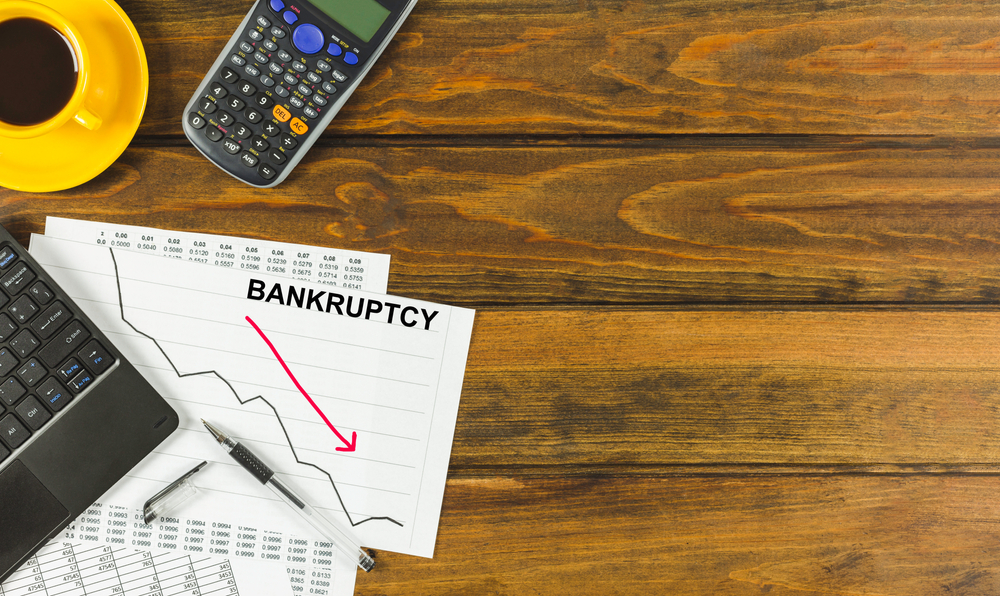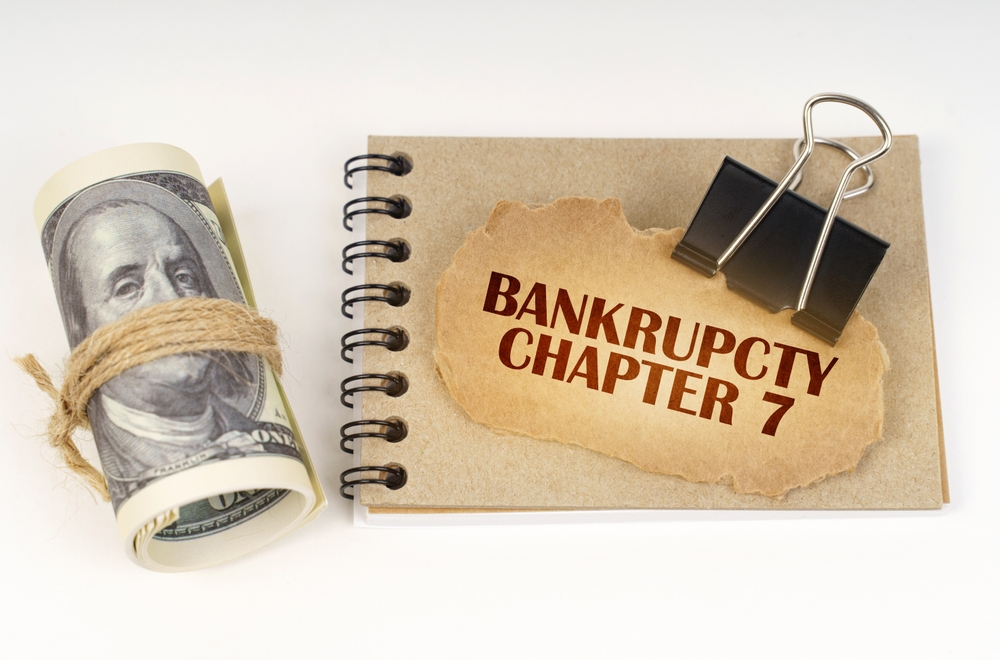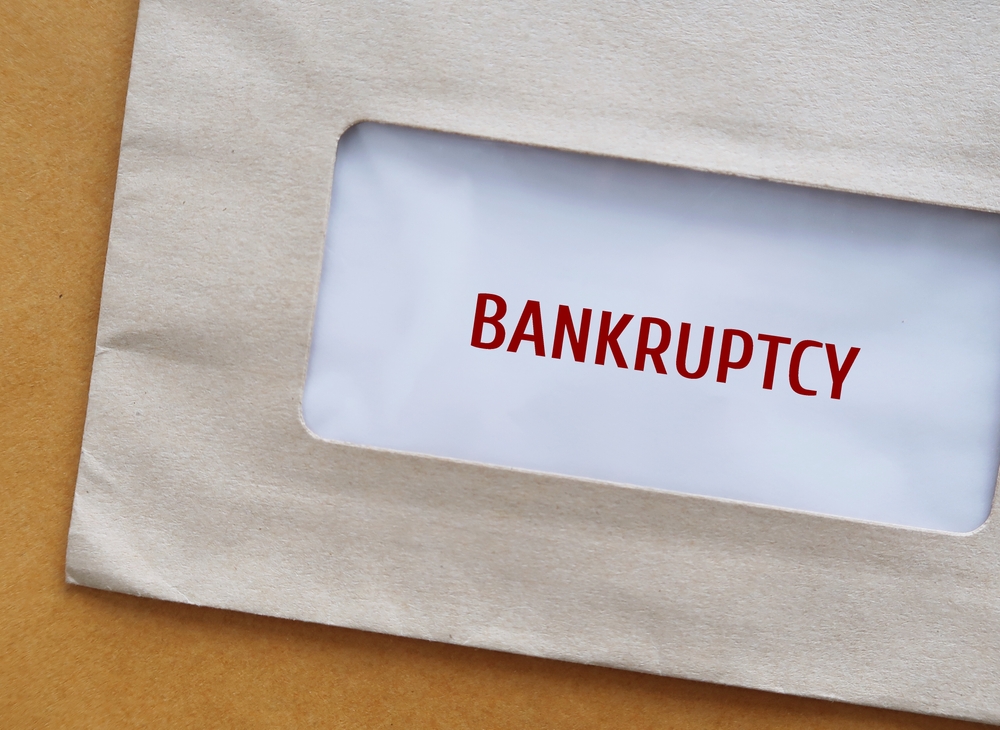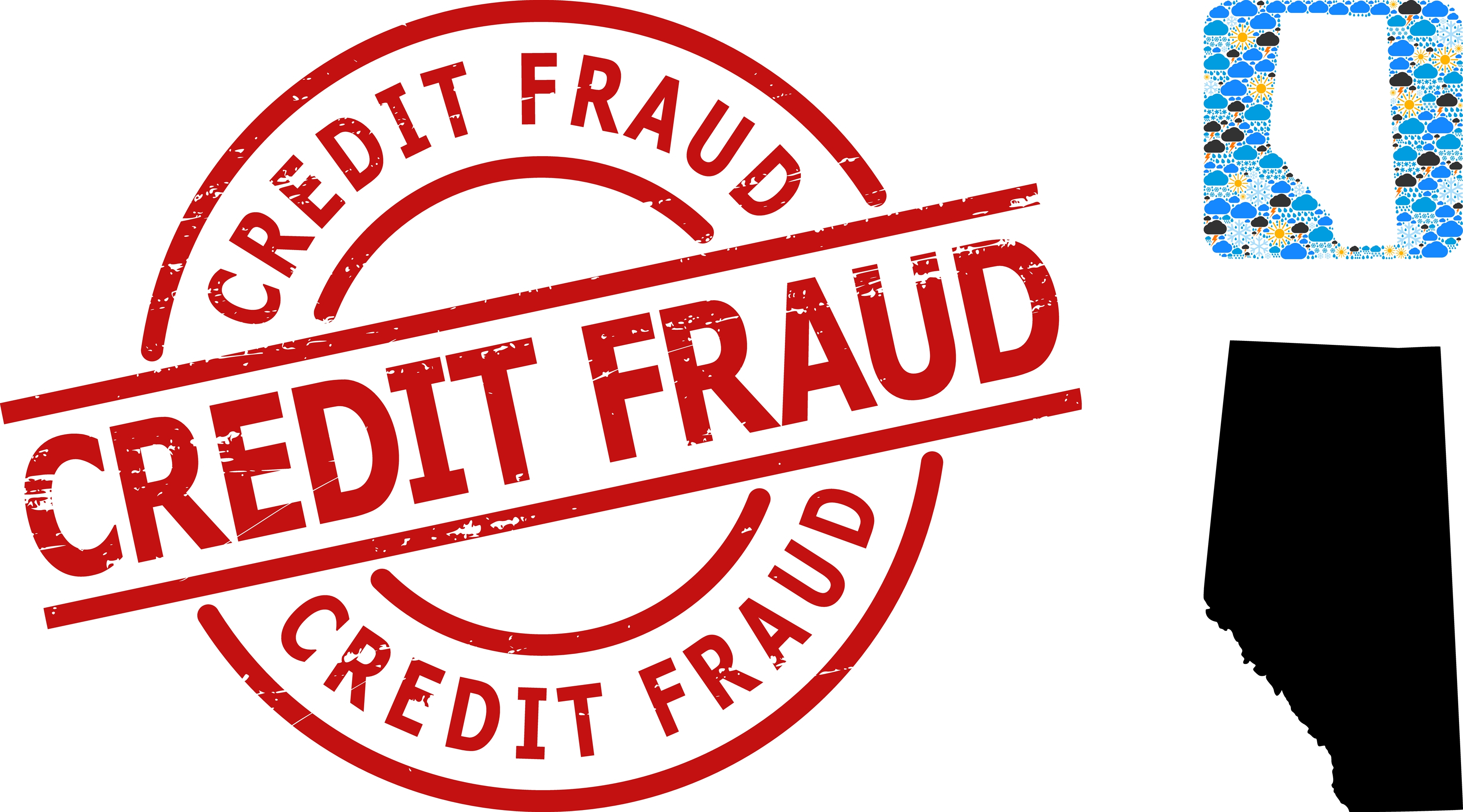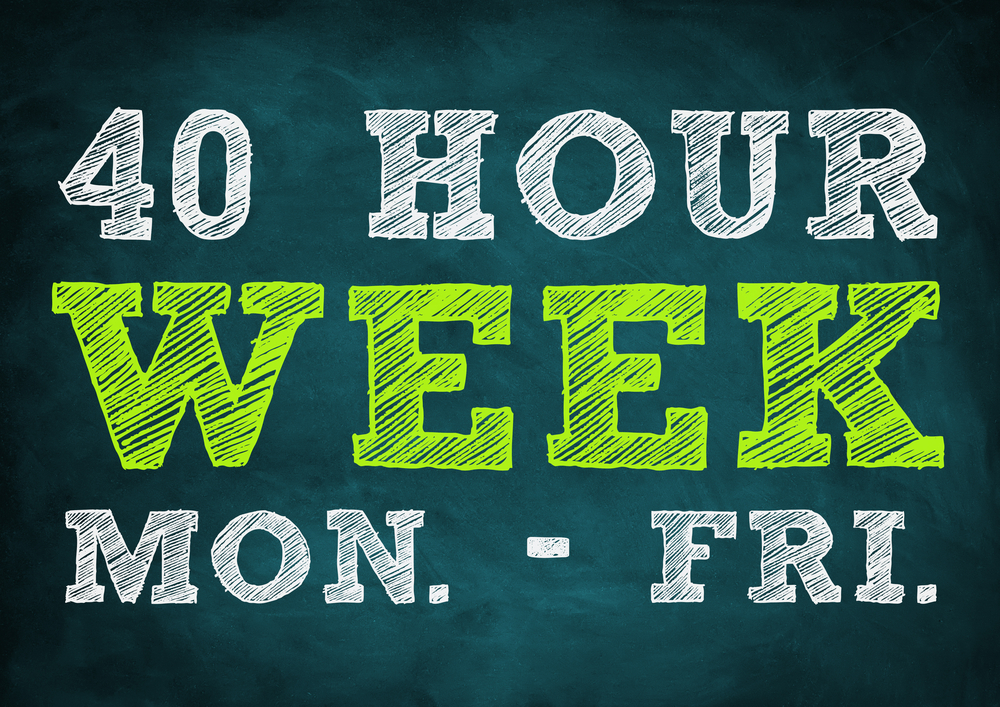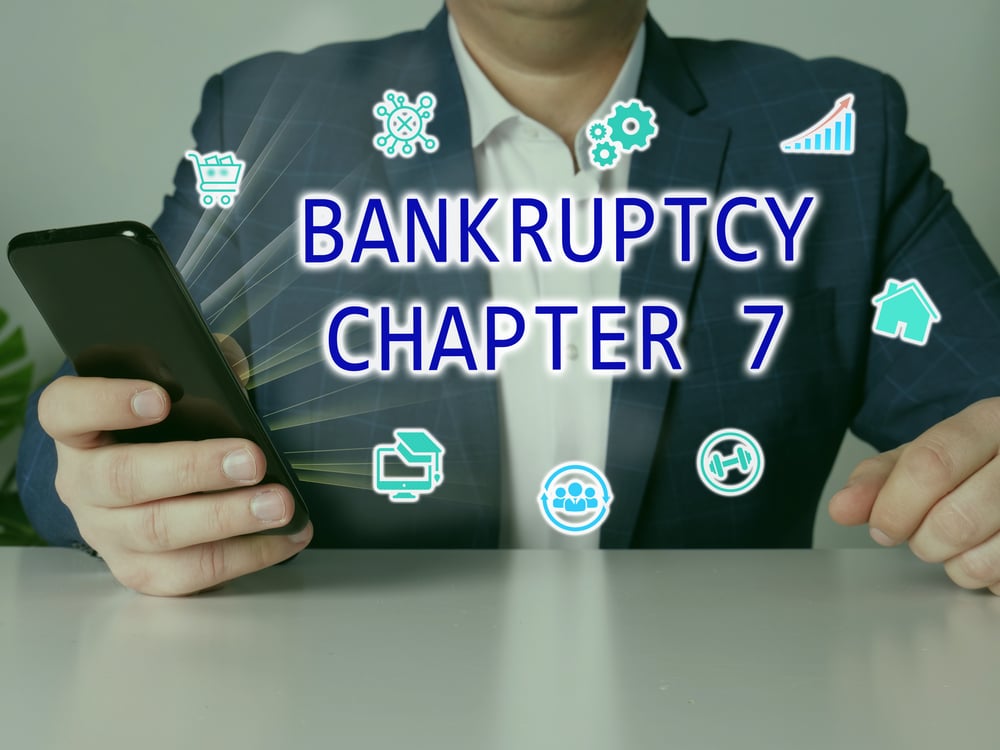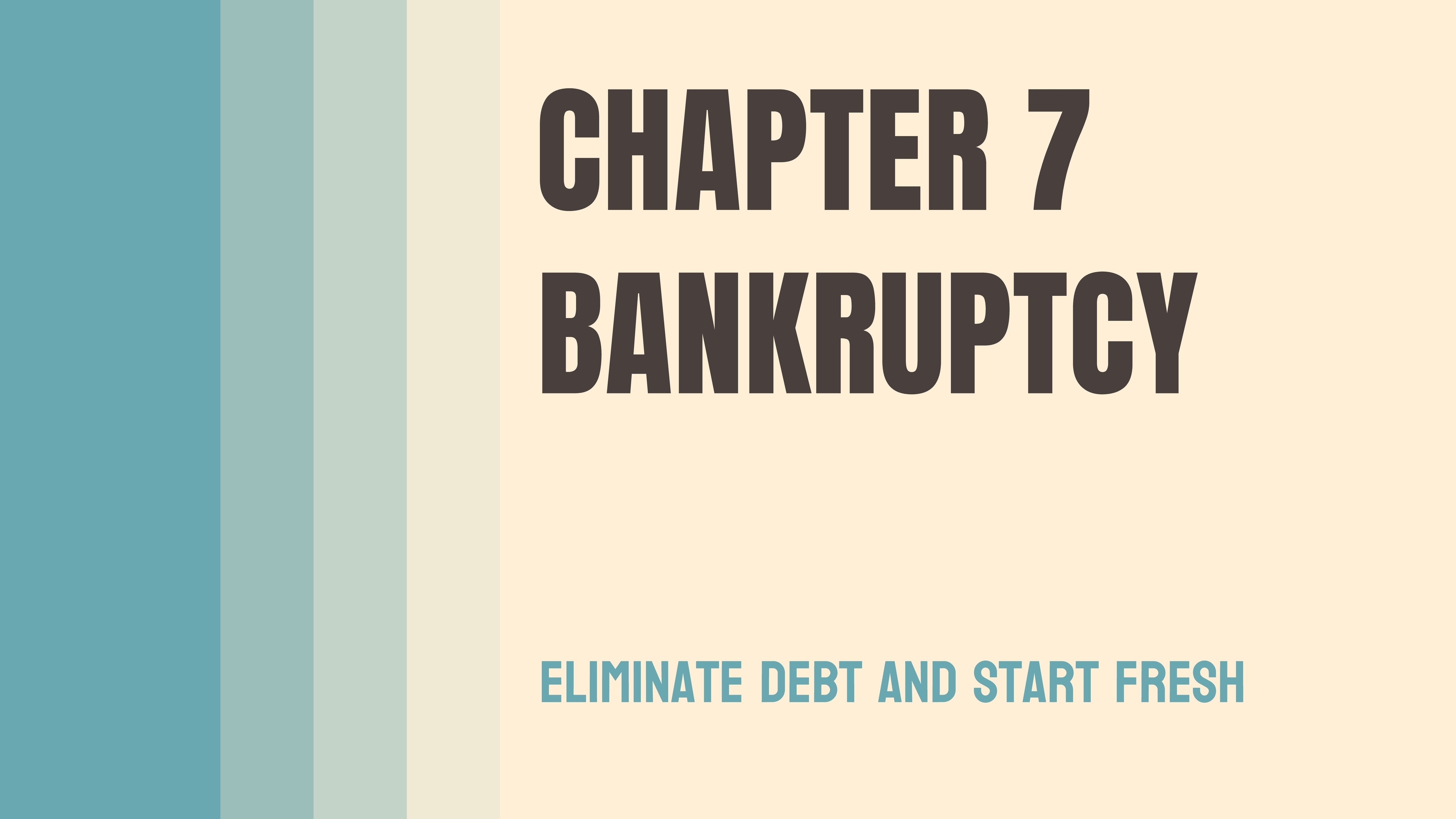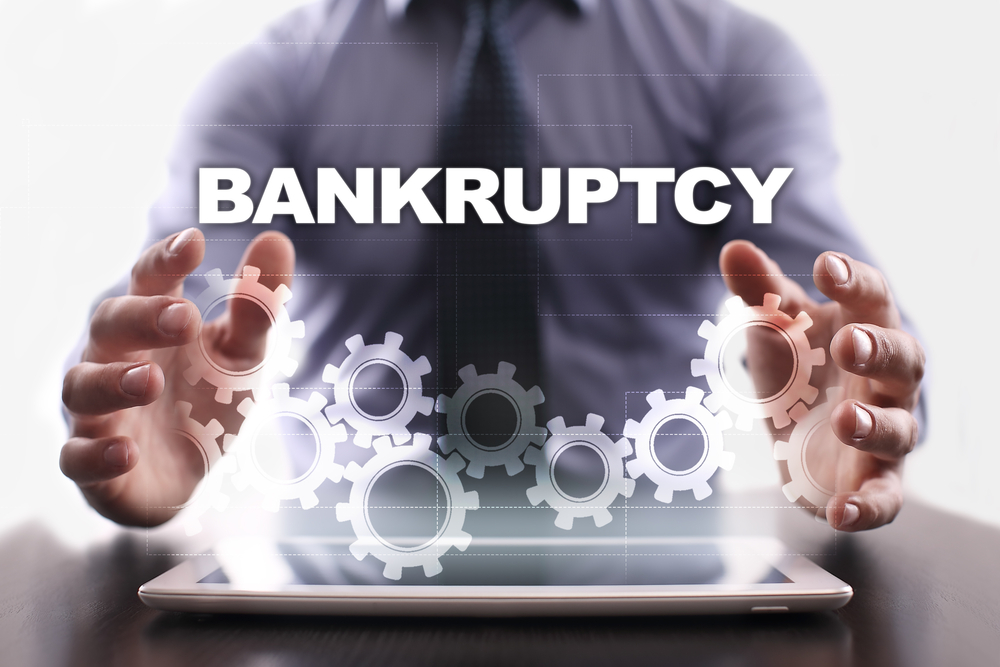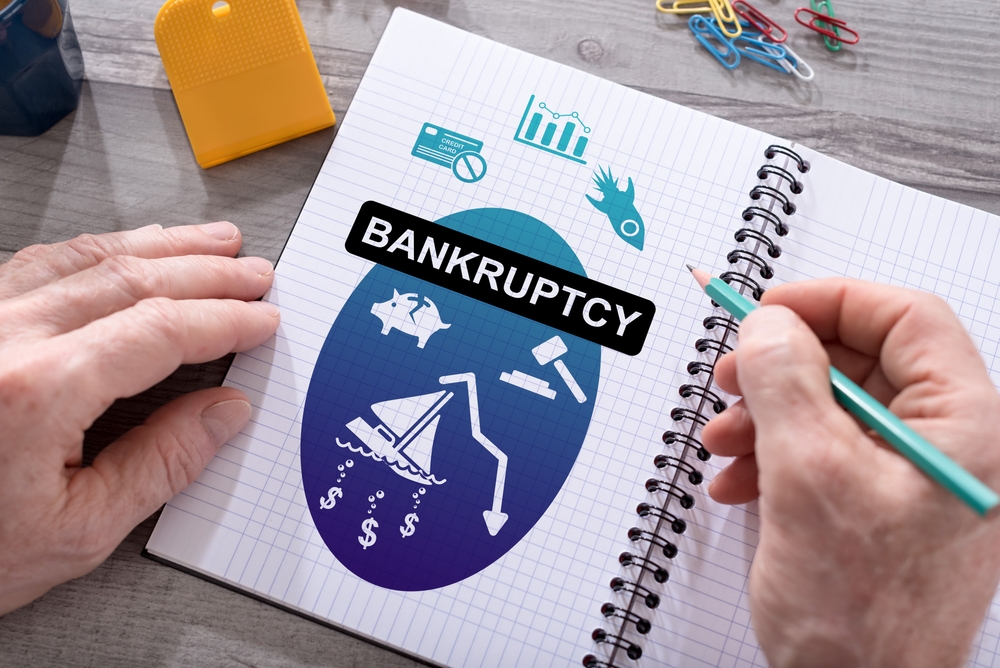Life is full of ironies. We have met with thousands of Minnesotans who felt embarrassed to file Chapter 7 Bankruptcy in Minneapolis. We know how you feel right now. Our former clients felt the same way you do now. But do you know what they found? They found once you get on the other side of debt, life is wonderful.
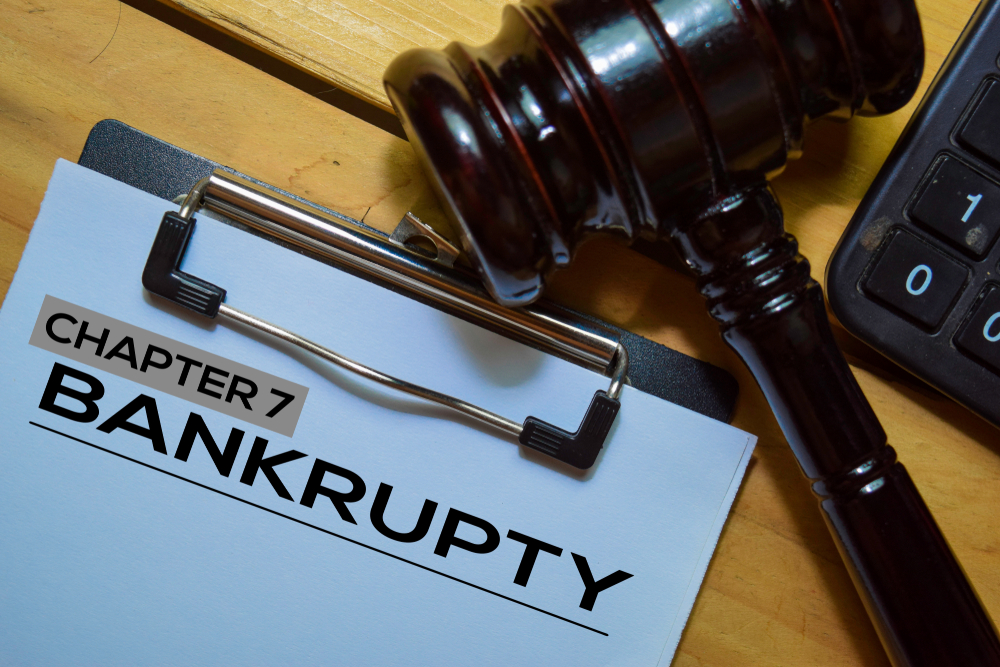
WHAT IF I AM EMBARASSED TO FILE CHAPTER 7 BANKRUPTCY IN MINNEAPOLIS?
Life is full of ironies. We have met with thousands of Minnesotans who felt embarrassed to file...

